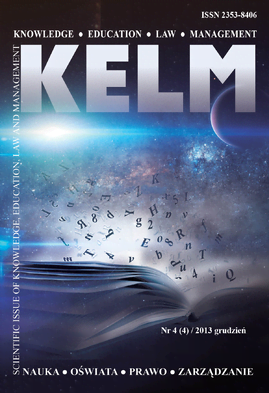THE CONCEPT AND TYPES OF INTERNATONAL TREATIES ON FIGHT AGAINST CRIMES
THE CONCEPT AND TYPES OF INTERNATONAL TREATIES ON FIGHT AGAINST CRIMES
Author(s): Oksana BronevytskaSubject(s): Criminal Law, International Law, Criminology, Penology
Published by: Fundacja „Oświata i Nauka Bez Granic PRO FUTURO”
Keywords: international treaty on fight against crimes; elements of corpus delicti; self executing agreement; punishment;
Summary/Abstract: International treaties affect domestic criminal law in two ways: they define the obligations regarding the establishment of specific elements of the crime or identify and recommend assigning a particular punishment for a crime accordingly. Thereby, a concept of international treaty on fight against crimes is probed in this article. Classification of international treaties on fight against crimes is conducted on different criteria: not only under the subject of legal regulation and the number of participants, but also other criteria such as the elements of the crime, the presence or absence of provisions on criminal legal jurisdiction of the Contracting States. Characteristic features of such treaties by which they can be distinguished from other categories of international agreements are pointed out.
Journal: KELM (Knowledge, Education, Law, and Management)
- Issue Year: 4/2013
- Issue No: 4
- Page Range: 45-54
- Page Count: 10
- Language: English

